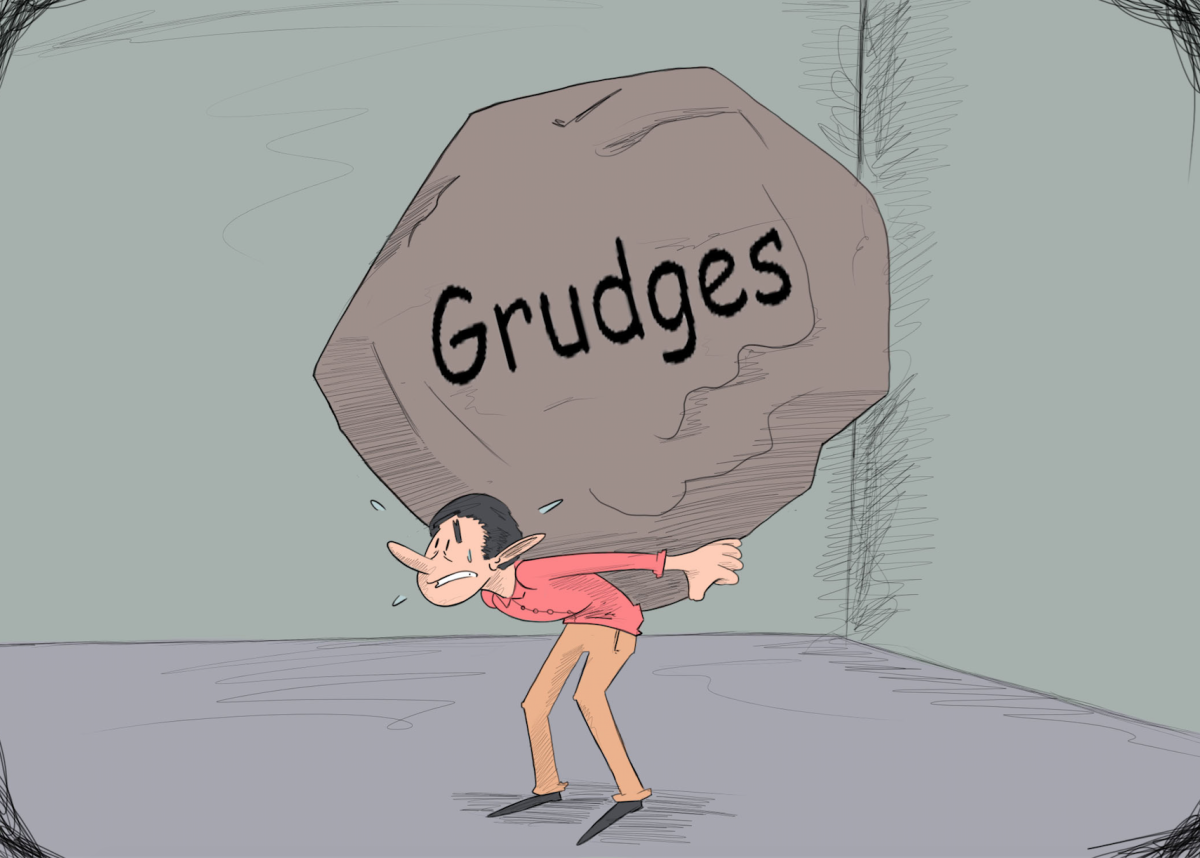Years ago, in high school, some friends of mine severely wronged me. Their actions deeply wounded me and left a lasting emotional impact. I was left in a stage of rage, confusion, desolation and self-pity. I didn’t know how to process those feelings, nor did I know how to move forward. Then, I had an epiphany about a lesson that many of us have been taught since childhood: forgiveness.
Three of the world’s largest religions – Christianity, Judaism and Islam – have slightly different approaches to forgiveness, but they all teach the same thing. Christianity tells its followers to forgive unconditionally, whether someone murders a member of my family or eats the last slice of my pumpkin pie. I should forgive both occasions equally.
Judaism tells its followers to forgive after the perpetrator apologizes. During the High Holidays and leading up to Yom Kippur, Jews are meant to apologize or make penance for their wrongs. But, forgiveness without an apology is still considered pious. Islam tells its followers to value forgiveness because, similar to Christianity, Allah is the original source of all forgiveness.
Eastern religions place a high emphasis on forgiveness, as well. It’s one of the six cardinal virtues of Hindu Dharma. The colorful Holi festival is a traditional Hindu holiday in which people are meant to mend past relationships – literally a day of forgiveness. In Buddhism, forgiveness is stressed because it’s seen as a spiritual tool to preserve mental prosperity and peace within oneself.
My epiphany emerged one morning as I sat in a chapel, listening to Jesus’ teachings regarding forgiveness. Although I had heard the exact same teaching my entire life, perhaps I needed to be in the midst of my emotional agony to get the message. This is where I believe Buddhism gets it right, both spiritually and practically.
As with any good idealistic notion, there’s science to back it up. Psychology provides many of the answers. In 2017, an article titled “Forgiveness can improve mental and physical health” was published in Monitor on Psychology, the magazine published by the American Psychological Association. The article cited several studies that all suggest the same thing: forgiveness is good for you. Those studies indicate that forgiveness can reduce chronic stress, alleviate “toxic” anger and build self-esteem.
Forgiveness, then, is a tool in which we tell ourselves, “I don’t want these negative feelings anymore, so I’ll make peace with this situation myself.” It’s a mental hurdle and it’s not always easy to navigate, especially when those negative feelings are felt so strongly, but it’s worth adding to our toolkit.
Think of forgiveness as another muscle; start small and work your way up. You may not be able to forgive that friend who wronged you quite yet, but you can start forgiving a stranger who cuts you off in traffic or a boss who scolds you for no good reason. It might be uncomfortable and frustrating at first, but if the world’s great religions, psychology and my personal experience tell you anything, it’s that it’ll be worth it in the long run.
James Smith is a 22-year-old mass communication major from Grand Coteau, Louisiana.







